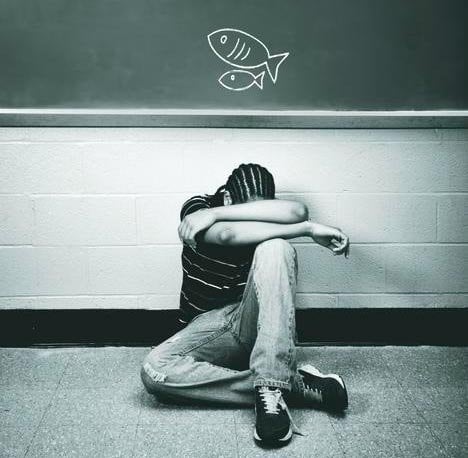
A few weeks ago, my friend was convinced he was losing his hearing. Understandably. He’s a high school band teacher and spends far more time than anyone should have to telling would-be musicians to stop blowing their horns and beating their drums.
[rssbreak]
It was a false alarm, but prudence is in order.
If you’re anything like me, you spend way too much time in clubs and concerts standing next to the speakers. And, of course, everyone is walking around in an iPod bubble.
It’s too late to do anything about damage already done. But you may be able to prevent further noise-induced hearing loss. (Obviously, you should stay away from loud noises, but you don’t always do that, do you?)
Researchers are still working on it, but the next time you come out of a show with ringing ears, dosing yourself with antioxidants may keep things from getting worse.
What the experts say
“Intense metabolic activity provoked by loud noise causes the energy sources of the cells of the inner ear, the mitochondria, to begin to create free radicals. In experiments with animals, we have found that increasing the blood flow to the inner ear and providing antioxidants can dramatically reduce noise-induced hearing loss by 70 to 80 per cent. Clinical trials in humans are now under way. In studies using aspirin and vitamin E, both powerful antioxidants, we were able to demonstrate, in animals, that if we gave these agents before the noise exposure, we could significantly reduce noise-induced hearing loss. Even if we gave it one hour, one day or even three days later, it still had a statistically significant effect. This would indicate that people who go to concerts may be able to reduce the effect with a pill.”
JOSEF M. MILLER, Lynn and Ruth Townsend professor of communication disorders, University of Michigan, Ann Arbor
“Studies show you can not only prevent hearing loss with the right nourishment, but you can also treat it after it’s occurred. Vitamins A, C and E have been shown to prevent noise-induced hearing loss in guinea pigs, one of the few animals that, like human beings, don’t produce their own vitamin C. Also, little delicate hair cells [in the inner ear] can die if there’s too much calcium and not enough magnesium [in your diet]. About 90 per cent of North Americans are deficient in magnesium. It’s very difficult to get the right balance today through food alone.”
AILEEN BURFORD MASON, nutritionist, immunologist, Toronto
“Cochlear implants restore hearing for patients with hair cell loss. Though they don’t work well for everyone, they are the best option out there. Our research aims to find a biological cure to restore hearing. My lab uses stem cells. We try to find ways that allow us to regenerate hair cells, the little sensory cells in the cochlea. Any non-mammal in the animal kingdom is able to restore hair cells in the ear. Birds don’t go deaf. All these animals have a somatic stem cell population that is regenerating all the time. We are trying to find out what happened in the evolution of mammals that led to a loss of these stem cells, and looking for a way to restore them.”
STEFAN HELLER professor, otolaryngology, Stanford University School of Medicine, Stanford, California
“Make sure you keep your ears very clean. We typically prescribe a gentle olive-oil-based formula to put into the ears, which breaks up wax. Common sense – avoiding loud music – is also encouraged. Limiting salt intake is very important, because retaining water can affect the organs within the ear. Water retention and swelling can contribute to a decrease in hearing. A lot of naturopaths will combine acupuncture with ginkgo because it increases blood flow to the ear.”
SARA CELIK, naturopath, Toronto












